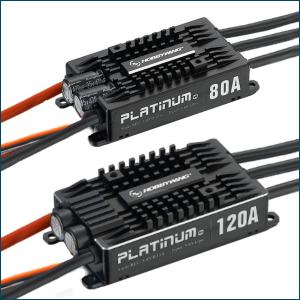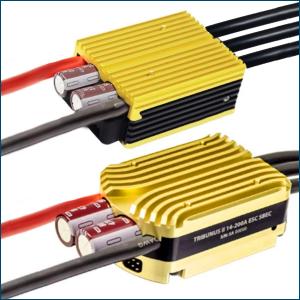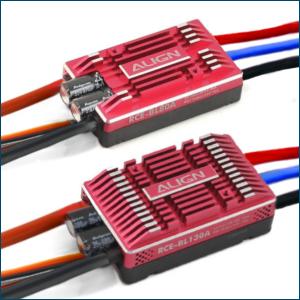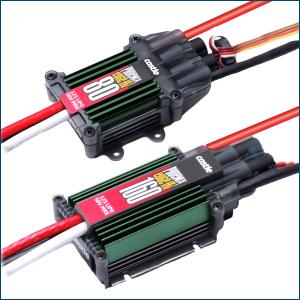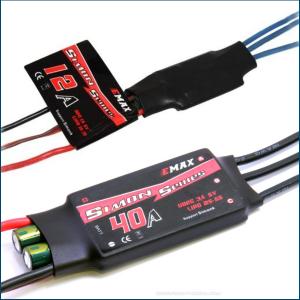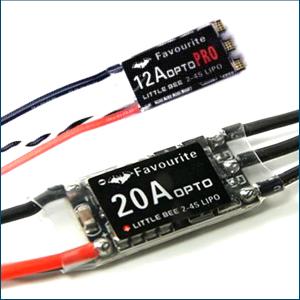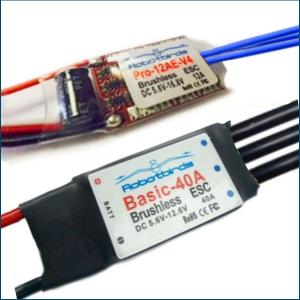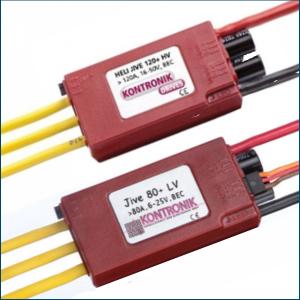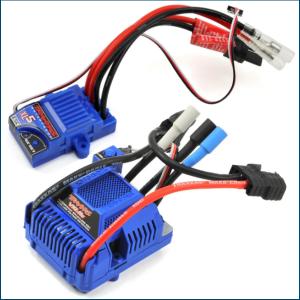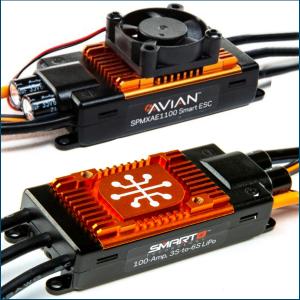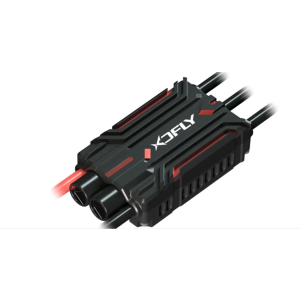Electronic Speed Controller ESC
What is an electronic speed controller ?
Electronic speed controller or also known in short as ESC. A circuit that controls and regulates an electric motor. Similat to a stepper motor, the electronic speed controller will provide movement in both directions and will allow for instand speed increases and decreases.
An ESC is used in RC Cars, both On-Road and Off-Road, along with RC Helicopters, where the motor is run in a constant speed to ensure your model is kept afloat.
The basic features of an RC ESC include:
-
Input Voltage: The voltage range of the battery that can be used with the ESC. It is important to choose an ESC with a voltage range that matches the voltage of your battery.
-
Current Rating: The maximum current that the ESC can handle without overheating or damaging the circuitry. The current rating of an ESC should be chosen based on the power and size of the motor.
-
Motor Compatibility: The type and size of motor that the ESC is designed to work with. It is important to choose an ESC that is compatible with your specific motor.
-
BEC (Battery Eliminator Circuit): A circuit in the ESC that provides power to the receiver and servos in the RC vehicle. The BEC eliminates the need for a separate battery pack for the receiver and servos.
-
Throttle Range: The range of throttle inputs that the ESC can interpret and respond to. The throttle range is typically adjustable to match the transmitter settings.
-
Brake: Some ESCs feature a built-in brake that can be used to slow down or stop the motor.
-
Programming Options: Many ESCs feature programming options that allow the user to customize the ESC's settings, such as throttle response, brake strength, and cutoff voltage.
-
Cooling: Some high-performance ESCs may feature built-in cooling systems, such as a heat sink or fan, to prevent overheating during use.
Choosing the right ESC for your RC vehicle depends on factors such as the size and power of the motor, the voltage of the battery, and the intended use of the vehicle.
It's important to choose an ESC that is compatible with your specific motor and battery, and that is appropriate for the intended use of the vehicle.
How do Speed Controllers work ?
Speed controllers are devices that regulate the speed of an electric motor by controlling the amount of electrical energy supplied to it.
They are commonly used in various applications, including electric vehicles, industrial machinery, and household appliances. The specific design and operation of a speed controller can vary depending on the type of motor and the application

